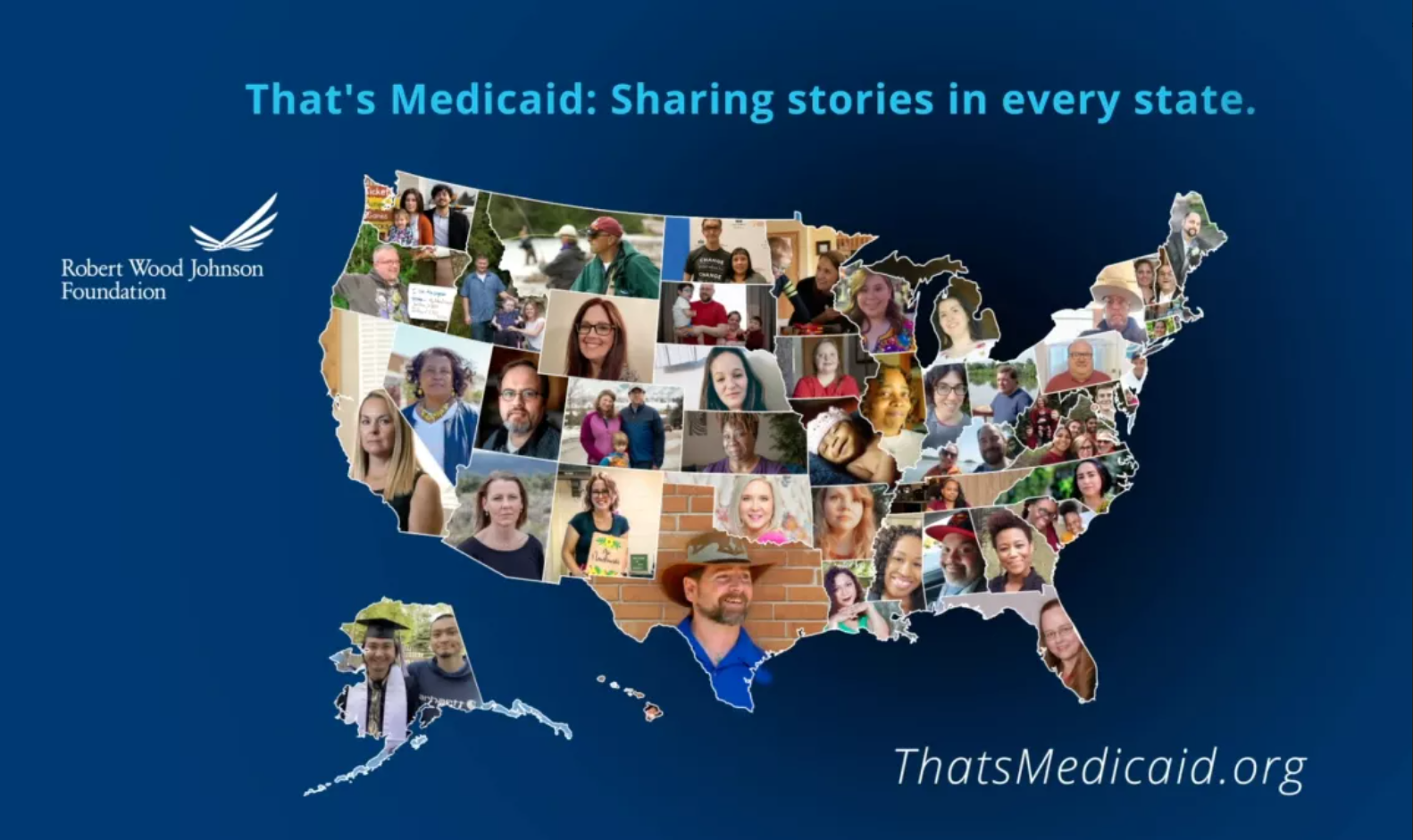👋 Welcome back to Starting Early. You received this issue of the Burke Foundation’s newsletter because of your interest in helping all children get the strong start they need to reach their full potential in life.
- We work “upstream”— like you — on maternal and infant health and early childhood development — tackling root causes to prevent issues from becoming problems; stopping problems before they become crises.
- Every other week, we spotlight new reports, useful news, engaging interviews with people doing important work, and interesting takes on maternal health and early childhood development issues.
- Our post-summer breakrelaunch of Starting Early features an enlightening interview with midwife Jennie Joseph – one of TIME magazine’s 2022 Women of the Year.










